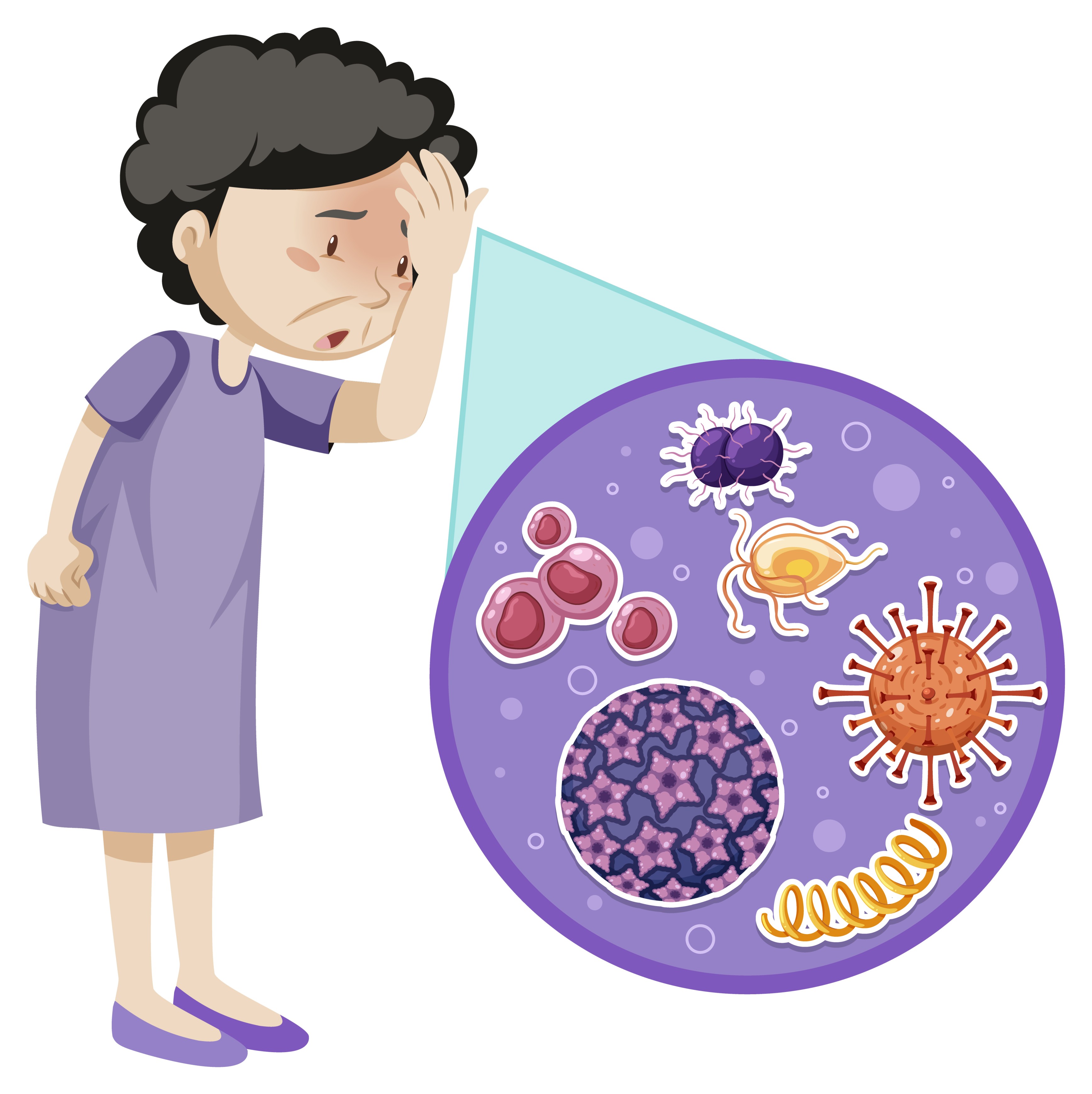
What is Adenovirus?
Have you ever heard of adenovirus? It might sound like a term straight out of science fiction, but it’s actually a real microorganism that can cause various illnesses. Let’s explore what adenovirus is, how it affects us, and what we can do to stay protected.
What is Adenovirus?
Adenovirus is a type of virus that infects both humans and animals. Belonging to the Adenoviridae family, it includes over 50 different virus types. These viruses can lead to illnesses like respiratory infections, conjunctivitis (pink eye), gastroenteritis, and even severe conditions in rare cases.
How Does Adenovirus Spread?
Adenovirus is highly contagious, spreading through close personal contact and through contact with contaminated surfaces. This means it can easily spread in places like schools, daycare centers, and healthcare facilities.
Symptoms of Adenovirus Infection
The symptoms of an adenovirus infection vary depending on the specific virus type and the body part affected:
- Respiratory Symptoms: Fever, sore throat, cough, runny nose, and difficulty breathing.
- Conjunctivitis Symptoms: Redness, irritation, and discharge from the eyes.
- Gastrointestinal Symptoms: Diarrhea, vomiting, and abdominal pain.
When is Adenovirus Serious?
Most adenovirus infections are mild and resolve on their own. However, in individuals with weakened immune systems, infections can lead to serious complications like pneumonia or inflammation of the brain or spinal cord.
How to Protect Yourself from Adenovirus
Protecting yourself and others from adenovirus is essential:
- Practice Good Hygiene: Wash hands frequently with soap and water.
- Avoid Close Contact: Stay away from individuals showing symptoms of illness.
- Disinfect Surfaces: Regularly clean surfaces that are commonly touched.
- Consider Vaccination: For high-risk individuals, adenovirus vaccines can help prevent infection.
Conclusion
Adenovirus is a common and contagious virus that causes a range of illnesses. By understanding how it spreads and practicing preventive measures, we can help protect ourselves and our communities from this persistent virus.
To seek medical advice, always consult a Doctor. Here are our recommended experts. Click here
To read more on Respiratory disease . Click Here


